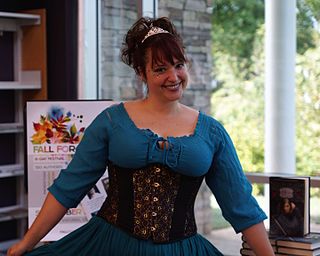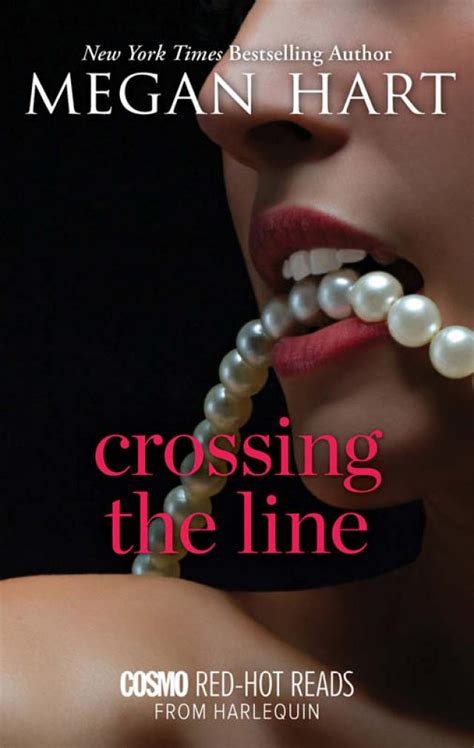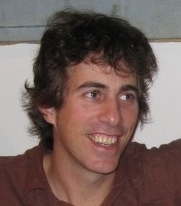A Quote by Alethea Kontis
Do you still look at each other like you once did, back at the beginning of the story when everything was a question you were too afraid to find the answer to?
Related Quotes
Every once in awhile, find a spot of shade, sit down on the grass or dirt, and ask yourself this question: “Do I respect myself?” A corollary to this question: “Do I respect the work I’m doing?” If the answer to the latter question is NO, then the answer to the former question will probably be NO too. If this is the case, wait a few weeks, then ask yourself the same two questions. If the answers are still NO, quit.
When I decided to write about my brother and friends, I was attempting to answer the question why. Why did they all die like that? Why so many of them? Why so close together? Why were they all so young? Why, especially, in the kinds of places where we are from? Why would they all die back to back to back to back? I feel like I was writing my way towards an answer in the memoir.
Sometimes you change to survive, and some things you don't give up, or you're too prideful, and then you think well, what's pride? Is it a good thing? Maybe it's a bad thing. That's what I look at in my life. It's always a question in my life I look at, and I never find the answer, because if I did, probably I wouldn't have books to write.
To be a scientist you have to be willing to live with uncertainty for a long time. Research scientists begin with a question and they take a decade or two to find an answer. Then the answer they get may not even answer the question they thought it would. You have to have a supple enough mind to be open to the possibility that the answer sometimes precedes the question itself.
There were once two sisters who were not afriad of the dark because the dark was full of the other's voice across the room, because even when the night was thick and starless they walked home together from the river seeing who could last the longest without turning on her flashlight, not afraid because sometimes in the pitch of night they'd lie on their backs in the middle of the path and look up until the stars came back and when they did, they'd reach their arms up to touch them and did.
When I wrote the story ["The Cartographers"], I'd just gone through a breakup with a woman I'd loved dearly. Without this other person in my life, the memories we'd shared often felt like phantoms. Who was this person I once loved? Did she still really exist? The answer, on a metaphysical level, was that this person didn't still exist. She'd gone on to become a different person, an individual with new hopes and dreams which no longer involved me.
We are posing two very clear questions. The first is: Did the Holocaust actually take place? You answer this question in the affirmative. So, the second question is: Whose fault was it? The answer to that has to be found in Europe and not in Palestine. It is perfectly clear: If the Holocaust took place in Europe, one also has to find the answer to it in Europe.






































